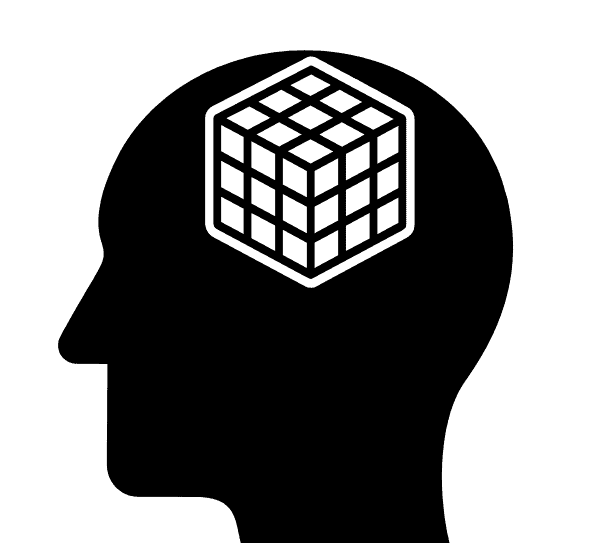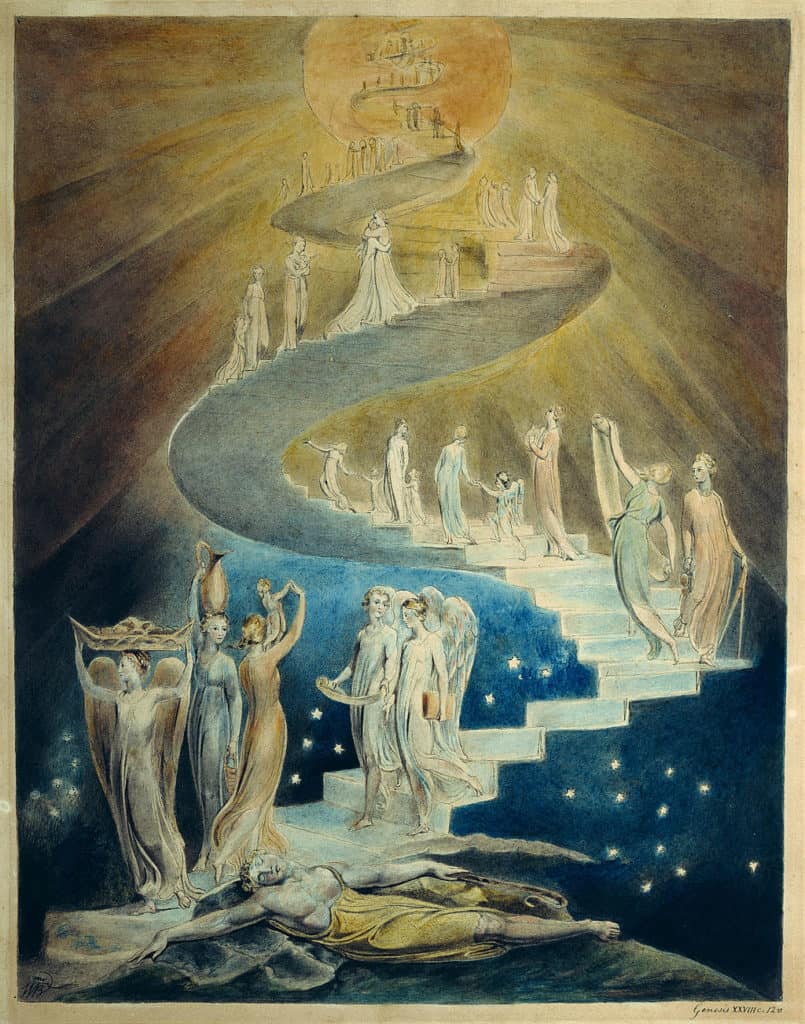Earthquakes in the Mind
Throughout our lives, we construct vast continents of thought, each formed during different developmental stages. When we find ourselves torn between two conflicting viewpoints on a single issue, it is often because the layers of ideas formed at various times do not perfectly align.
From Birth to 6: Development of Social and Behavior Skills
During the early years of life, from birth to around six years old, children develop a foundational set of social and behavior skills. This period is heavily influenced by imitation, where children learn by observing and mimicking the actions, words, and behaviors of those around them, particularly parents and caregivers. This imitation helps them to understand basic social norms, communication skills, and appropriate behaviors within their immediate environment.
From 7 to 11: Construction of Societal Expectations
Between the ages of seven and eleven, children begin to form their own set of societal expectations. As their cognitive abilities develop, they start to understand and internalize broader societal norms and values, often extending beyond the immediate family. This period is characterized by a greater exposure to different viewpoints, including those that may contradict familial beliefs. Children begin to navigate these differences and construct their own understanding of what is considered “normal” or acceptable in society.
From 12 to 20s: Examination of Morals and Rational Thought
From adolescence into the early twenties, individuals engage in a more critical examination of their morals and beliefs. This stage involves rational thinking and the ability to recognize and address contradictions within their own belief systems. Young adults question and evaluate the principles they have been taught, often leading to the formation of a more personalized set of values and ethics. This reflective process allows them to develop a more nuanced and independent moral framework.
Implications for Later Life Thinking
- Ideas Formed in Phase 1: Many of the behaviors and social skills learned in early childhood are so ingrained that they go unrecognized by most people. These foundational skills operate subconsciously and form the basis of how we interact with the world.
- Ideas Formed in Phase 2: The societal expectations constructed during middle childhood set the baseline for what we consider normal. These expectations shape our perceptions and interactions within society, often serving as the default settings for our behavior and judgments.
- Ideas Formed in Phase 3: The critical examination of morals and beliefs in adolescence and early adulthood allows individuals to override normal expectations when reflecting calmly. This capacity for rational thought enables us to adapt and revise our views in light of new information or changing circumstances.
Historical and Contextual Dependence
These processes are heavily influenced by historical and contextual factors. The social and cultural environment in which a person is raised plays a significant role in shaping their early experiences, societal expectations, and moral development. Mark Twain aptly captured the essence of this with his quote: “It ain’t what you don’t know that gets you into trouble. It’s what you know for sure that just ain’t so.” This highlights the importance of questioning and re-evaluating our deeply held beliefs.
For now, consider this post not an earthquake, but a tremor—a subtle shift that invites you to reflect on the foundational elements of your thinking and the processes that shape your beliefs.
Additional Information
Knowledge, Facts, Explanations, and Predictions
Improve Your Knowledge


